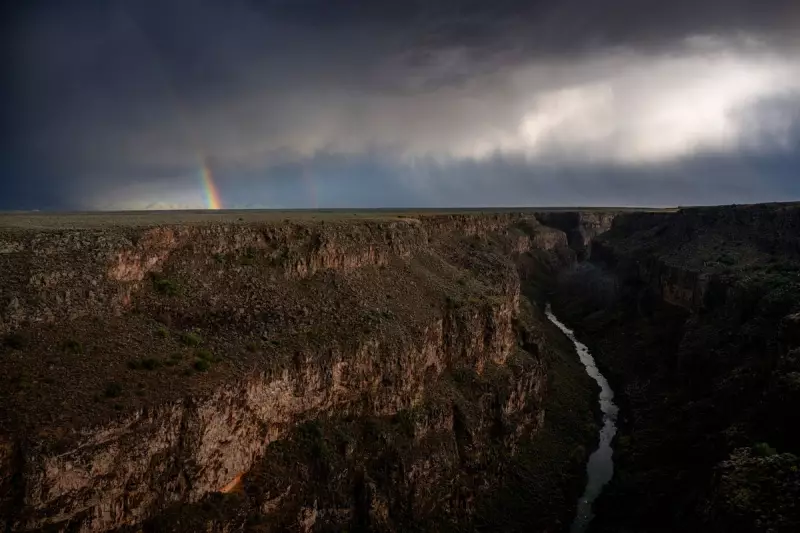
A 29-year-old hiker is facing criminal charges after allegedly providing false information that prompted a major rescue operation in one of New Mexico's most treacherous natural landscapes.
Xavier Cardona of Colorado found himself at the centre of legal proceedings following a dramatic incident in the Rio Grande Gorge, where rescue teams spent hours searching for him after he reported being lost and injured.
The Rescue Operation
Emergency services launched an extensive search mission after Cardona contacted authorities claiming he was disoriented, dehydrated, and suffering from leg injuries within the deep canyon. Multiple agencies, including the Taos Search and Rescue team, responded to what appeared to be a genuine emergency situation.
The operation involved:
- Ground search teams navigating difficult terrain
- Specialised rescue equipment deployment
- Hours of coordinated search efforts
Contradictory Evidence Emerges
According to court documents, investigators became suspicious when Cardona's account began to unravel. Rescue personnel noted that the hiker appeared to be in surprisingly good condition despite his claims of severe dehydration and injury.
Further investigation revealed that Cardona had allegedly fabricated key elements of his distress call, leading authorities to question the validity of his entire story.
Legal Consequences
Cardona now faces charges of false reporting to a law enforcement officer. If convicted, he could face significant penalties under New Mexico law for wasting emergency resources and putting rescue teams at unnecessary risk.
The case highlights the serious consequences of misusing emergency services, particularly in wilderness areas where rescue operations inherently endanger responders.
A Pattern of Concern
This incident follows other recent cases where individuals have faced legal action after questionable rescue calls in wilderness areas. Authorities are increasingly taking a firm stance against what they describe as "preventable" rescue scenarios that strain limited emergency resources.
The Taos County Sheriff's Office emphasised that while they remain committed to assisting genuine emergencies, they will pursue charges against those who knowingly provide false information to emergency services.





